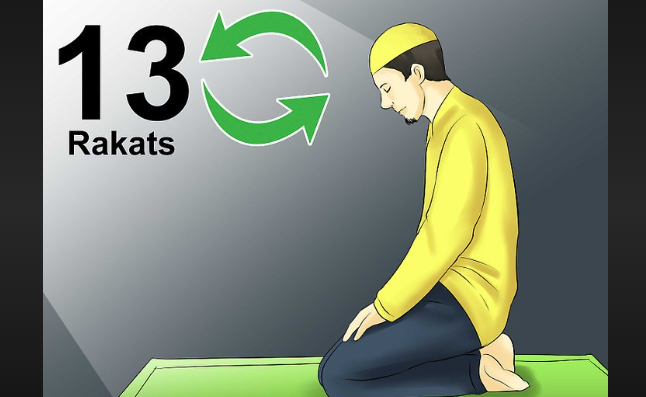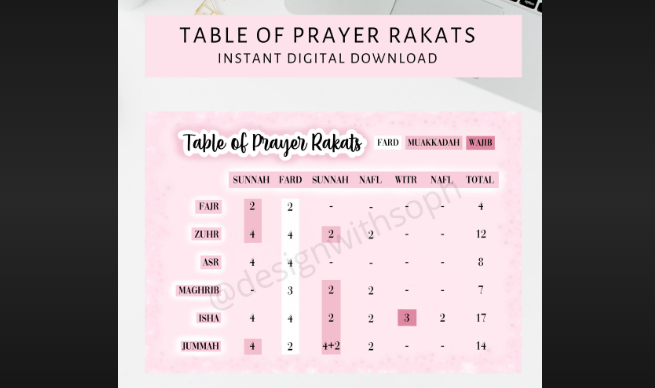Tahajjud: How Many Rakat and the Essence of Night Prayers
Tahajjud, the voluntary night prayer offered by Muslims, holds great spiritual significance in Islam. It is a time for personal reflection, supplication, and drawing closer to Allah. One common question that arises among those new to Tahajjud is, "How many Rakat (units of prayer) should be performed during Tahajjud?"

Tahajjud, the voluntary night prayer offered by Muslims
1. Understanding Tahajjud:
Before delving into the specifics of how many Rakat are performed during Tahajjud, it's essential to grasp the broader concept of this night prayer.
Tahajjud is a voluntary act of worship in Islam that involves waking up during the night to pray, reflect, and seek spiritual closeness to Allah.
2. The Virtues of Tahajjud:
Tahajjud is highly regarded in Islam due to its numerous virtues.
It is seen as a time when the heart is most receptive to spiritual connection, making it an opportunity for sincere supplication and seeking forgiveness.
3. Recommended Rakat in Tahajjud:
The number of Rakat in Tahajjud is not fixed and can vary.
However, the most commonly practiced method involves performing two Rakat at a time. These two Rakat can be repeated as many times as one wishes, typically in sets of two Rakat each.
4. Example of a Tahajjud Prayer:
A common way to pray Tahajjud is to start with two Rakat and then recite additional sets of two Rakat as desired.
These prayers can be performed with sincere intention and devotion, with each set of two Rakat allowing for personal supplication and reflection.
5. The Essence of Tahajjud:
Tahajjud is not merely about the number of Rakat; it is about the state of the heart and the sincerity of one's connection with Allah.
It is a time for self-purification, seeking forgiveness for sins, and seeking Allah's guidance and mercy.
6. Flexibility in Tahajjud:
One of the beauties of Tahajjud is its flexibility. Muslims are encouraged to pray during the last third of the night, but there is no fixed number of Rakat that must be performed.
It is a personal act of devotion that can be tailored to one's spiritual needs.
7. Seeking Spiritual Rewards:
Performing Tahajjud with a sincere heart and intention carries immense spiritual rewards.
It is believed to be a means of elevating one's faith, seeking Allah's guidance, and finding inner peace.
8. Encouragement from Hadith:
The Prophet Muhammad (peace be upon him) encouraged the practice of Tahajjud. He is reported to have said, "The best prayer after the obligatory prayers is the night prayer" (Sahih Muslim).
This further emphasizes the importance of Tahajjud in the life of a believer.

Table of Prayer Rakats
Tahajjud, the night prayer in Islam, is a deeply spiritual act of worship that allows Muslims to draw closer to Allah. While the number of Rakat in Tahajjud can vary, the essence of these prayers lies in sincerity, devotion, and the desire to seek Allah's mercy and guidance. It is a time when the heart is most receptive to spiritual connection, making it a valuable opportunity for personal supplication, reflection, and self-purification. Regardless of the number of Rakat performed, Tahajjud serves as a means of deepening one's faith and finding solace in the tranquility of the night.